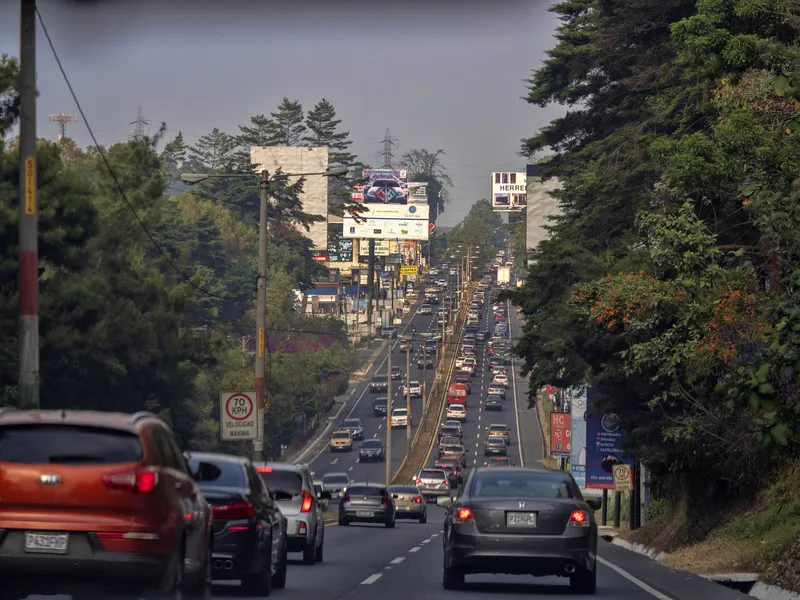Situated around 80km south of the capital city of Santiago de Chile in the Andes mountains, El Teniente is the world’s largest underground copper mine, operated by the state-owned mining company Codelco. More than 10,000 miners are transported to and from the mine every day, in 500 buses. Strict safety regulations mean that while the buses are on the road, trucks loaded with copper ore or any other vehicles are prohibited from using the route.
The road is currently closed on an alternating basis in order to avoid collisions; installation of the VMS system will improve the road’s safety and efficiency. Three types of VMS are to be installed, with nine main and eight secondary panels and a central control system which collects traffic information and displays messages on the VMS. Kapsch’s solution can be integrated seamlessly into the future main traffic management system.
Kapsch traffic management for Chile
Kapsch TrafficCom has been awarded a US$860,000 contract to implement and operate a new variable message sign (VMS) system on the only access road to El Teniente copper mine, Chile. The system is the first stage of a planned traffic management system. Situated around 80km south of the capital city of Santiago de Chile in the Andes mountains, El Teniente is the world’s largest underground copper mine, operated by the state-owned mining company Codelco. More than 10,000 miners are transported to and from th
June 21, 2013
Read time: 2 mins










